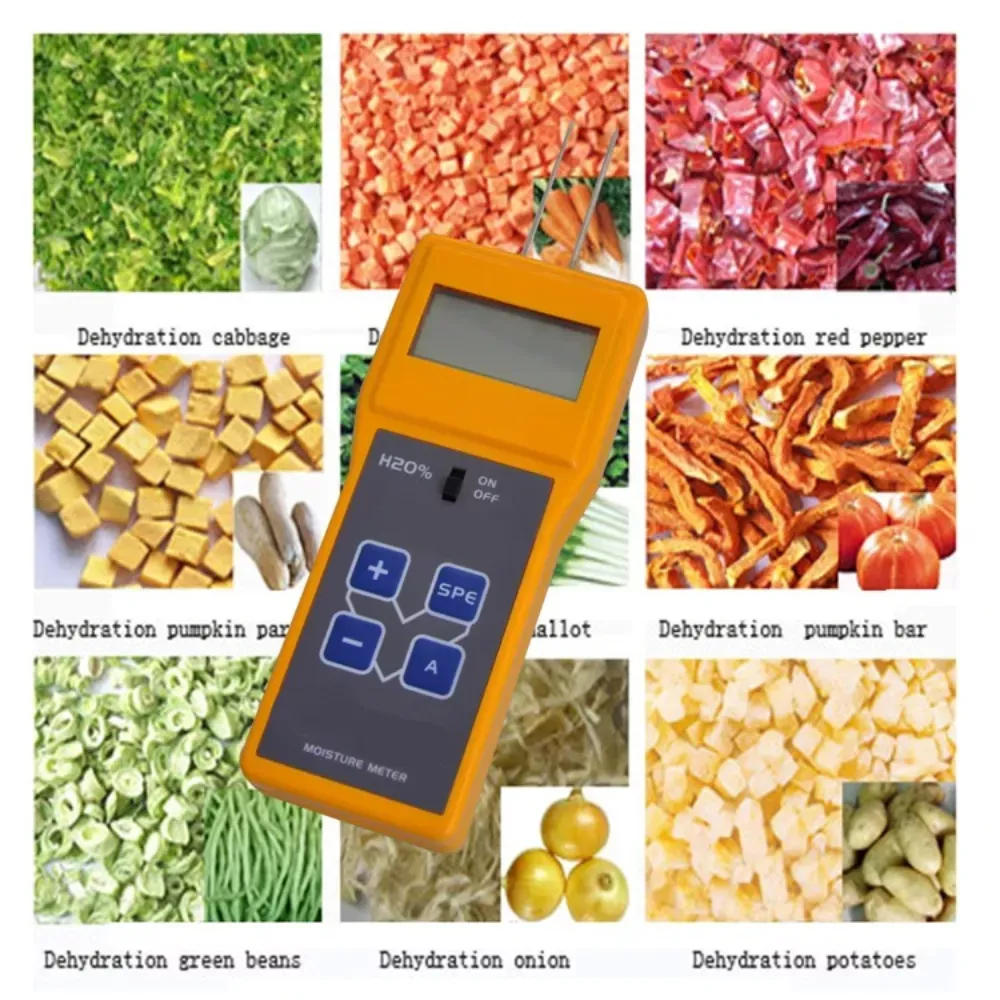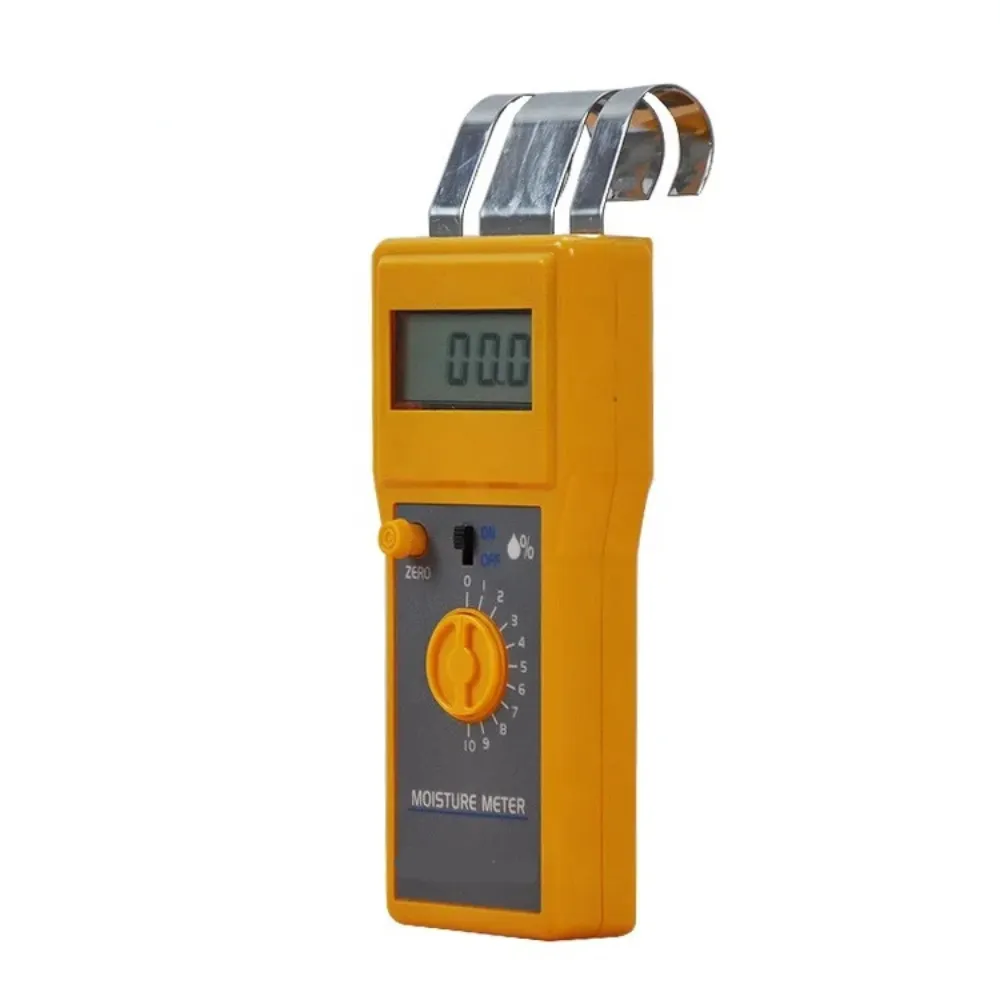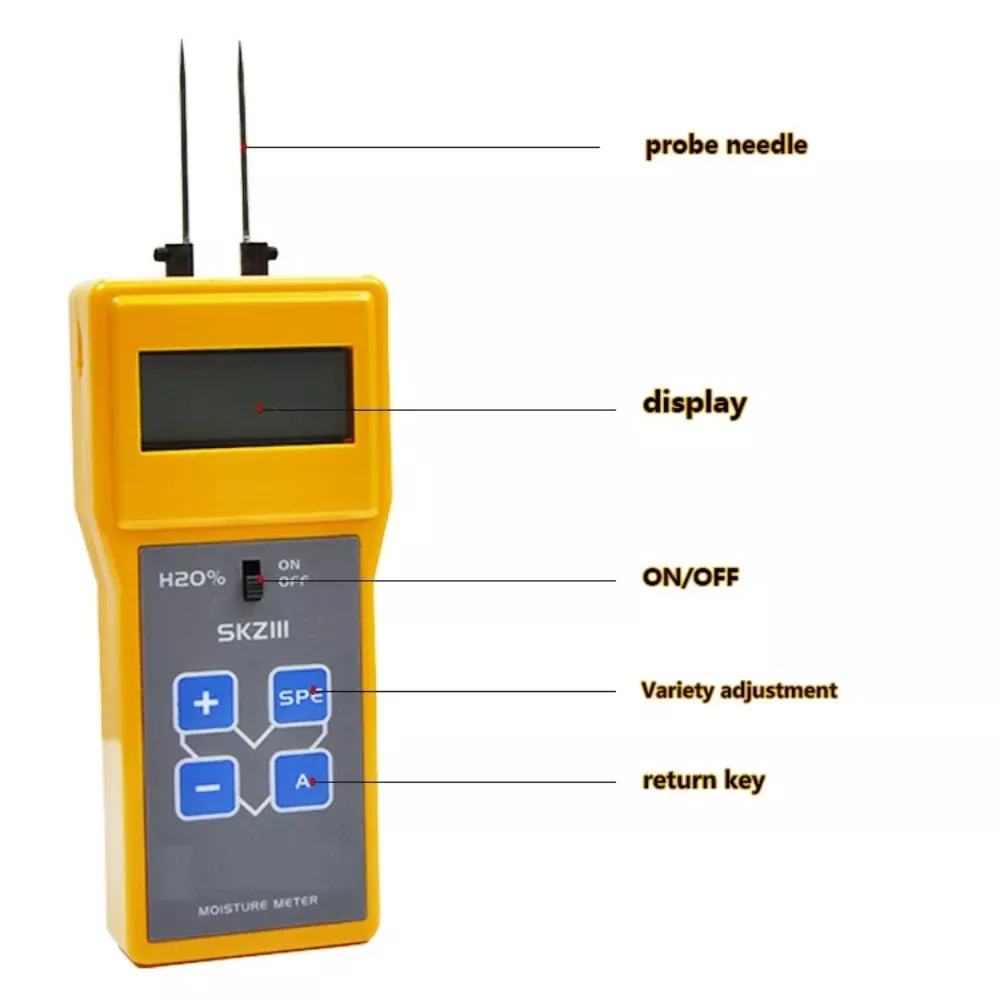
The Environmental Impact of Moisture Measurement in Dehydrated Foods
Table of Contents

Moisture measurement is essential in the food industry for several reasons. Firstly, it helps in ensuring the quality of the food by maintaining the desired moisture content. High moisture content can lead to spoilage and reduced shelf life, while low moisture content can result in a dry and unpalatable product. Secondly, moisture measurement is crucial for food safety, as it helps in preventing the growth of harmful bacteria and other microorganisms that thrive in moist environments. Lastly, moisture measurement is essential for maintaining the nutritional value of the food, as excessive drying can lead to the loss of essential vitamins and minerals.

The environmental impact of moisture measurement in dehydrated food is significant, as it involves the use of energy and resources. The process of drying food requires a significant amount of energy, which can contribute to greenhouse gas emissions and the depletion of natural resources. Additionally, the production and disposal of moisture measurement equipment, such as moisture meters and NIR instruments, can also have environmental consequences.
To minimize the environmental impact of moisture measurement in dehydrated food, it is essential to adopt sustainable practices and technologies. For instance, using energy-efficient drying methods, such as microwave drying and vacuum drying, can help reduce the energy consumption and greenhouse gas emissions associated with the drying process. Additionally, using renewable energy sources, such as solar and wind power, can further reduce the environmental impact of moisture measurement.
Furthermore, the development and use of eco-friendly moisture measurement equipment can also help minimize the environmental impact of this process. For example, using moisture meters made from recyclable materials and designed for energy efficiency can reduce the environmental footprint of moisture measurement. Additionally, proper disposal and recycling of moisture measurement equipment can help prevent the depletion of natural resources and reduce waste.
In conclusion, moisture measurement in dehydrated food is a critical aspect of the food industry that ensures the quality, safety, and shelf life of the products. However, the environmental impact of this process is significant, as it involves the use of energy and resources. By adopting sustainable practices and technologies, the food industry can minimize the environmental impact of moisture measurement in dehydrated food and contribute to a more sustainable future.


